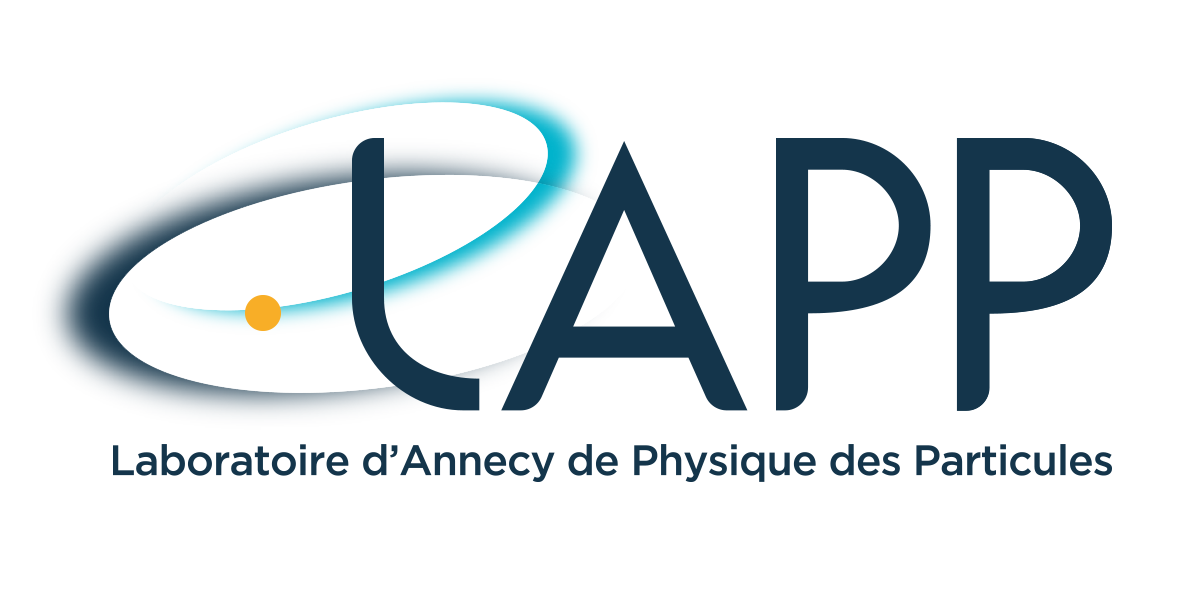Post-doctoral researcher in the LHCb experiment (M/F)
This content has been archived. It may no longer be relevant
Missions
The LHCb groups of Laboratoire De Physique Des 2 Infinite Irène Joliot-Curie (IJCLab) in Orsay and Laboratoire d’Annecy De Physique Des Particules (LAPP) in Annecy (France) open applications for two post-doctoral positions to work on the development of high-performance real-time reconstruction with a focus on the LHCb calorimeter upgrade.
The IJCLab and LAPP LHCb groups participate enthusiastically in detector development, and are currently heavily involved in the development, maintenance, and operation of LHCb’s electromagnetic calorimeter, as well as the design of its future upgrade. Both groups are also actively working on LHCb’s real-time analysis system and have a large interest in AI and neural-network based reconstruction methods.
The LHCb electromagnetic calorimeter (ECAL) is a critical element of the LHCb experiment, enabling the reconstruction of electrons and photons that are needed in many key physics measurements. In order to maintain its current efficiency and momentum resolution in the challenging conditions of High-Luminosity LHC, the ECAL is in the process of a major upgrade. A key aspect of the ECAL upgrade, PicoCal, will be the introduction of precise time measurement with 15 ps resolution at high energies. Under this new paradigm, the calorimeter read-out chain and real-time (trigger) reconstruction need to be revisited, in order to ensure the maximal physics outcome. This work will be a collaborative effort, bringing together a multidisciplinary team with expertise spanning physics, electronics and real-time computing.
Activities
The successful candidates are expected to make a significant contribution to the development of the real-time reconstruction for PicoCal. A particular focus will be the development and benchmarking of AI- or ML-based clustering algorithms, as well as their integration for heterogeneous architectures, such as GPUs and FPGAs. If interested to do so, the candidates may also participate in physics analyses with a fraction of their time to be decided together with the hiring institutes.
Skills
Candidates must have completed a PhD in either particle physics or computer science by the time of the starting date. To qualify you should have strong technical skills and enjoy solving computing as well as physics problems.
Work Context
LAPP is a laboratory of the Institute of Nuclear Physics and Particle Physics (IN2P3), an institute of the National Center for Scientific Research (CNRS), which coordinates programs in these fields. LAPP is a joint research unit (UMR 5814) of the CNRS and the University of Savoie Mont-Blanc (USMB). More than 150 researchers, teacher-researchers, engineers, technicians, administrators, students and foreign visitors work there. The research carried out at LAPP aims to study the physics of elementary particles and their fundamental interactions, as well as to explore their links with the great structures of the Universe. The work of the LAPP teams aims, among other things, to understand the origin of the mass of particles, to unravel the mystery of dark matter or to determine what happened to the anti-matter present in our universe at the time of the Big Bang.
These positions are funded by the ODISSEE project, an infrastructure grant for the development of AI-based cross-experiment real-time processing solutions. Other participants in ODISSEE include French LHCb groups CPPM and LPNHE, French and Dutch teams on the SKA Observatory, and industry partners specialising in real-time artificial intelligence solutions. The successful applicants will have the opportunity to collaborate with a wide range of participating partners and develop their professional networks and skillsets accordingly.
Candidates should apply via the CNRS Job Portal with a cover letter explaining their interest in the position and a detailed curriculum vitae containing a description of their research experience with a list of publications highlighting their personal contributions.
If you would like to send us references and letters of recommendation, please send them to contact.rh@lapp.in2p3.fr. Further information can also be obtained from the same e-mail address.
Candidates of non-European nationalities can also apply.
All shortlisted candidates will be evaluated simultaneously by a panel of French LHCb researchers involved in the ODISSEE project.
Constraints and risks
Some short trips have to be planned in France and abroad.

